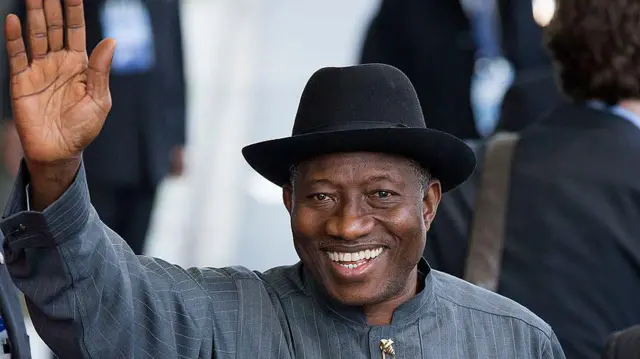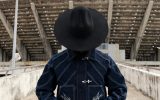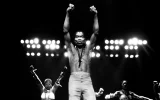by Cheta Nwanze
About five centuries ago, a man called FatuOnoja began a journey. We’ll talk about him later…
One of the things that has always caused a bit of ruckus between me and my Pa is my preference, or propensity according to him, to indicate “Edo” as my state of origin.
“You were only born there, you will never belong,” he always insists, and to be honest, I understand. His experiences, have shaped his view about identity, and deepened his hold onto his Igbo roots.
However we must ask, what is identity? Where am I from?
Like in so many other things, Nigeria has a habit of trying to roll back the clock. You see, human identity is fluid, most of it, social constructs. Asides the obvious such as race, if you take a Fulani man, Muhammadu Buhari for example, deck him up in ishi agu and a red cap, and line him up in front of people who have never heard about him, they’d assume that he’s Igbo. Probably until he opens his mouth…
The following story is still ongoing research, but a lot of it is cross referenced from material written by Elizabeth Isichei, Dennis Osadebe, Ocheja Obaje, as well as visits to each of these towns. I’ve also cross referenced with existing historical records. Of course, some parts of this story fly in the face of existing mythology, and it is important to note that the complete work, in some years, may be very different from the skeleton that you are about to read.
Fatu Onoja, an ethnic Igala, was born sometime in the 15th century AD, in a village called Ankpa. There was nothing remarkable about him, and he grew up as any normal person around the time. But about his 15th year, Ankpa was attacked by people from a neighbouring tribe. It is important to stress that we are yet to establish who attacked, or why.
Fatu survived the attack by doing what many of his fellow townsmen did — heading west. He eventually settled on the banks of the great river, in the town of Idah. There he married, and had kids. Forward three generations, and Fatu was now dead, but his family was firmly involved in, and accepted as, members of the community in Idah. Then another tragedy.
In the hunt for slaves to sell to their Portuguese allies, warriors from Benin attacked Idah. Some of Fatu’s descendants were captured and never heard from again. But one of them, Eje, joined a band of refugees, led by a charismatic man called Eri, and they trekked southward, keeping a sort of distance from the great river. Eri and most of his followers eventually settled about 120km away, on the banks of another river, Omambala, and quite a few towns along the area bear his name: Aguleri, Umuleri…
For some reason, Eje moved further, and settled a little further afield, in a place that bears his name. Nteje. Years later, after Eje was dead and gone, a quarrel, forced one of his descendants, a chap called Nnebisi, to move further west. Nnebisi crossed the great river, and the place he decided to stop in, he called,Aha ba. A phrase shared by the ancient forms of the Igbo and Igala languages, which means, “I have settled.”
Centuries later, some British colonist thought that Ahaba sounded like Asabawhen the natives told him the name of their town, and wrote that on his map. The name stuck. Such little mistakes, helped in the naming of quite a few towns along the banks of the great river.Igbo Uzo, became Ibusa. Onicha, becameOnitsha, and so on…
So, following this progression, let’s ask a question: a native born person from Asaba, what identity should he lay claim to? Igbo? Igala? Is he from Asaba, or Nteje, or Idah? Or Ankpa? A native born person from Onitsha, what identity should he lay claim to? Igbo? Bini? Is he from Onitsha? Or Asaba? Or Benin?
This is one of the drawbacks of the way we handle things in Nigeria. Fixing people based on where their forefathers “came from” as at October 1, 1960, despite the reality that we are creating millions of people who, as my friend Tunde Leye calls them, “the floating generation”.
Good example I can give which many Nigerians know about. The last two American presidents. Is Barack Obama a Kenyan, or is he an American? Is Donald Trump a German, or is he an American?
Nigeria, let us think.
Op–ed pieces and contributions are the opinions of the writers only and do not represent the opinions of Y!/YNaija














